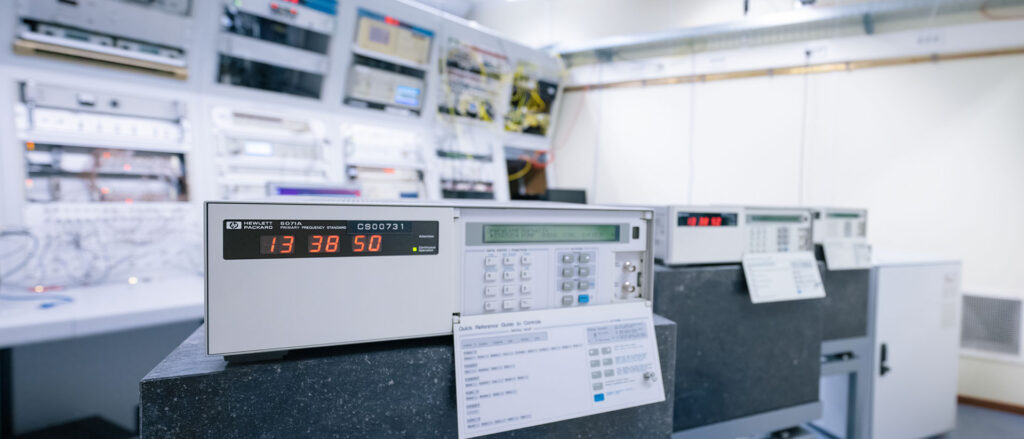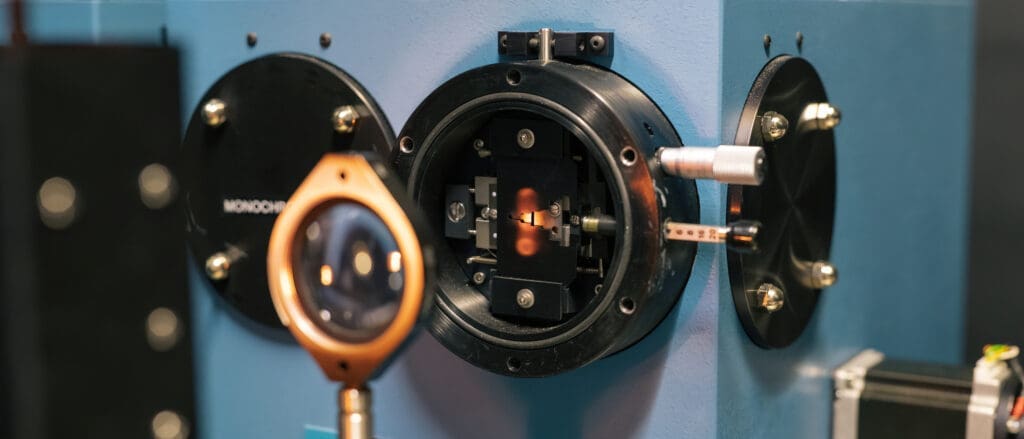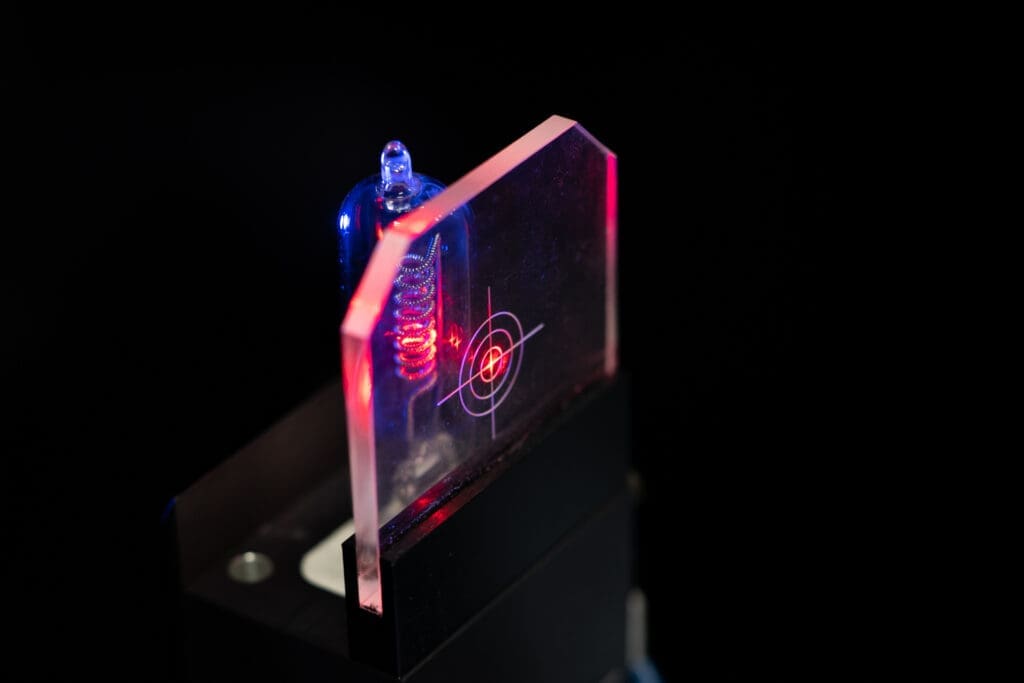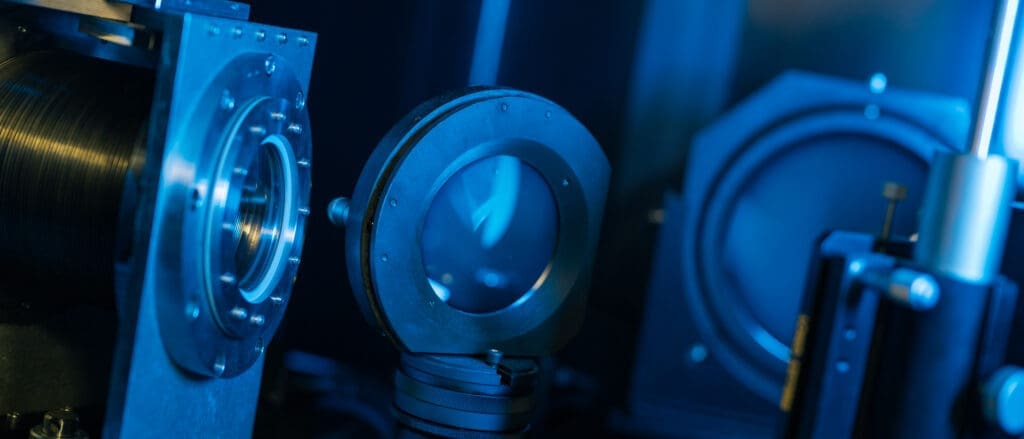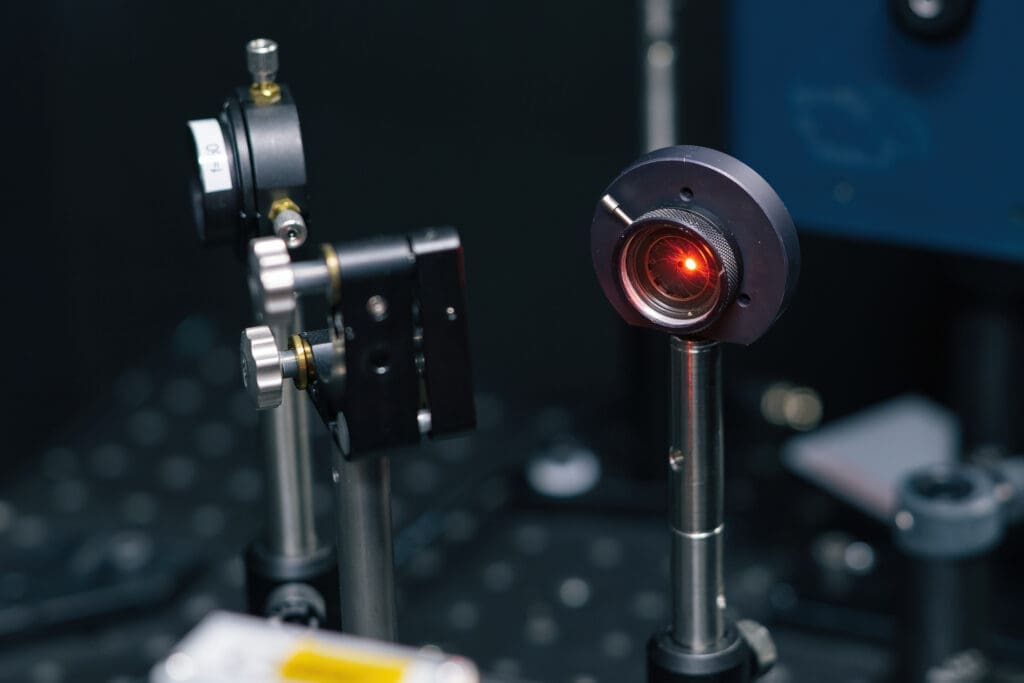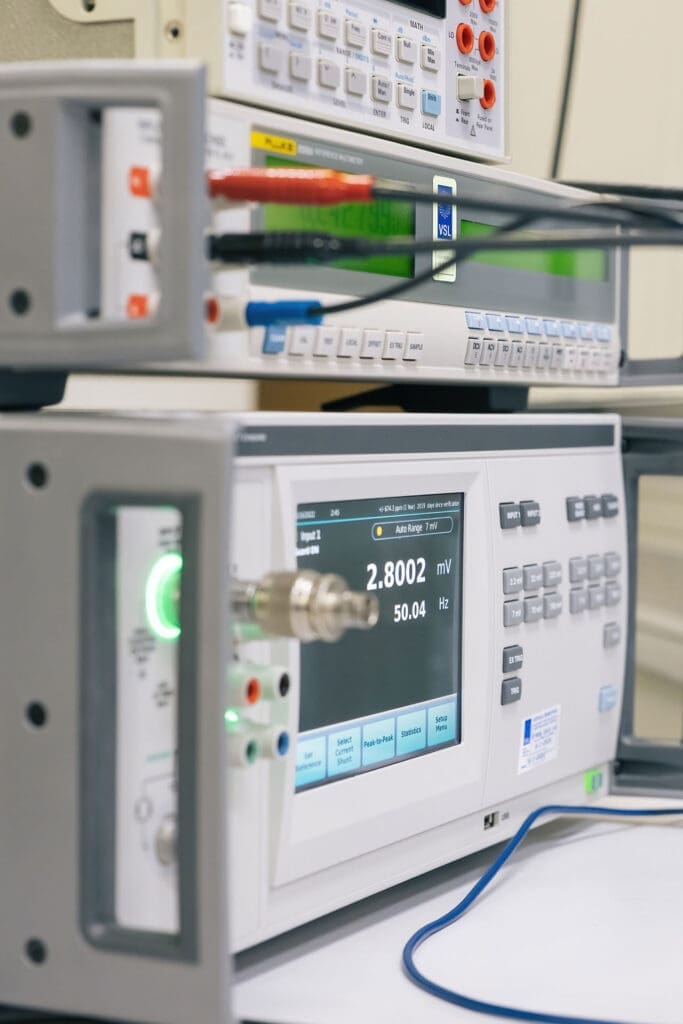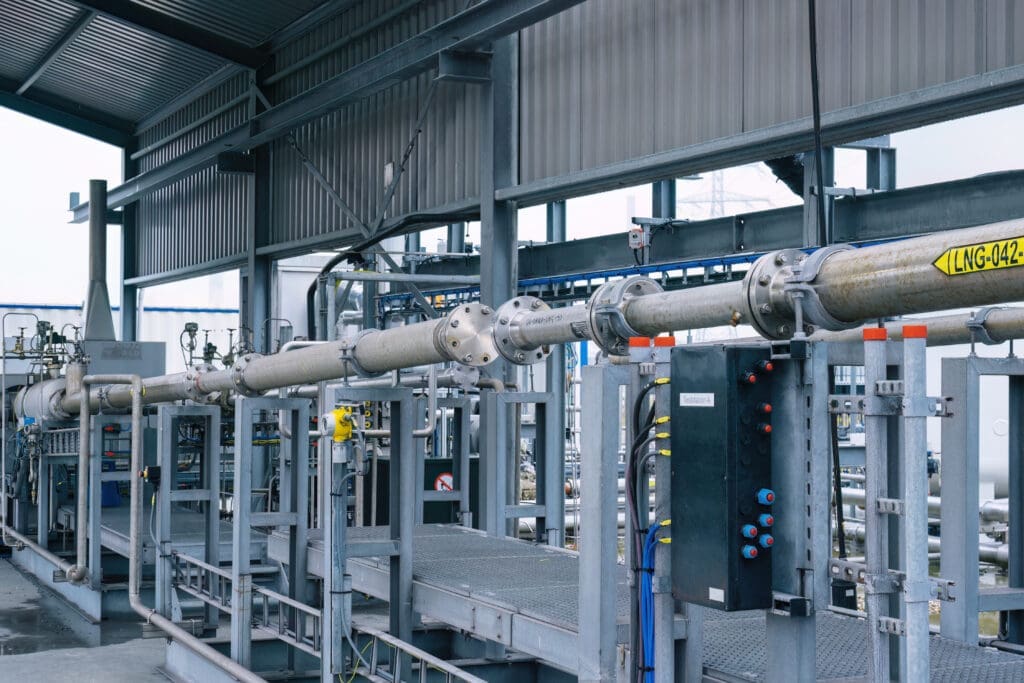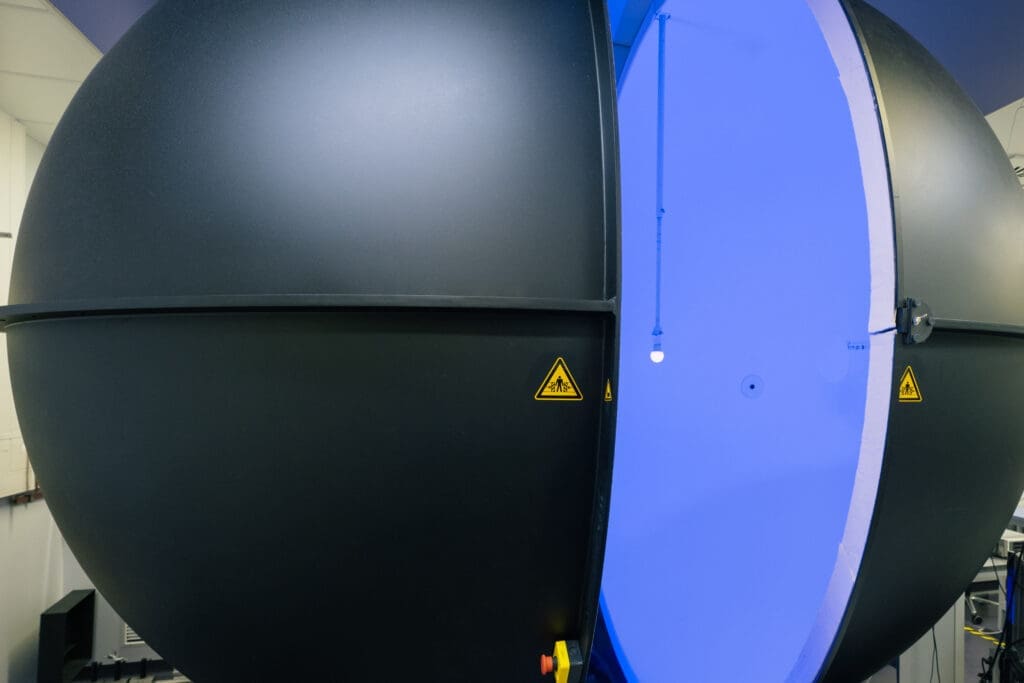Metrology Support for Carbon Capture Utilisation and Storage (MetCCUS)
Projects
Metrology Support for Carbon Capture Utilisation and Storage (MetCCUS)
The European Union set a target to reduce greenhouse gas emissions by 55 % by 2030 and become carbon neutral by 2050. To achieve this goal, the Green Deal was introduced to prioritize areas such as clean hydrogen, fuel cells and other alternative fuels, energy storage, and CO₂ capture, storage and utilization (CCUS). The latter can be used to remove CO₂ produced by industrial processes and store it underground or trapped in an alternative material. Therefore, key measurement challenges related to flow metering, emission monitoring, chemical metrology and physical properties that must be addressed before this technology can be used efficiently and safely across Europe.
This project will focus on developing the metrological infrastructure necessary for monitoring CO₂ produced and lost in an industrial process through the development of new traceable facilities, including primary flow standards to enable calibration, as well as validation of systems capable of quantifying CO₂ leaks from pipelines, transportation (e.g. shipping) or storage sites. This project will also produce primary standards, sampling, analytical methods and models necessary to support industry in specifying operational conditions and to perform the required measurements in the field of CO₂ capture, transport and storage.
Our role
VSL is coordinating this project and leading the chemical metrology work package. Three different technologies from VSL are involved in the project including chemistry, flow and data modeling and science. The chemical group will work on the development of new primary standards and analytical measurement methods for measuring the CO₂ gas composition. Within the flow, VSL is also striving to reuse and upgrade its large-scale primary piston test rig to operate with gaseous pure CO₂ and perform cross-comparison of gaseous CO₂ flow calibrations. The data modeling and science group will investigate the physical properties of CO₂ by evaluating CO₂ equations of state for CCUS applications.
Start date: 1 October 2022
End date: 30 September 2025
Read more about this project here.
“The project has received funding from the European Partnership on Metrology, co-financed by European Union Horizon Europe Research and Innovation Programme and from the Participating States.”
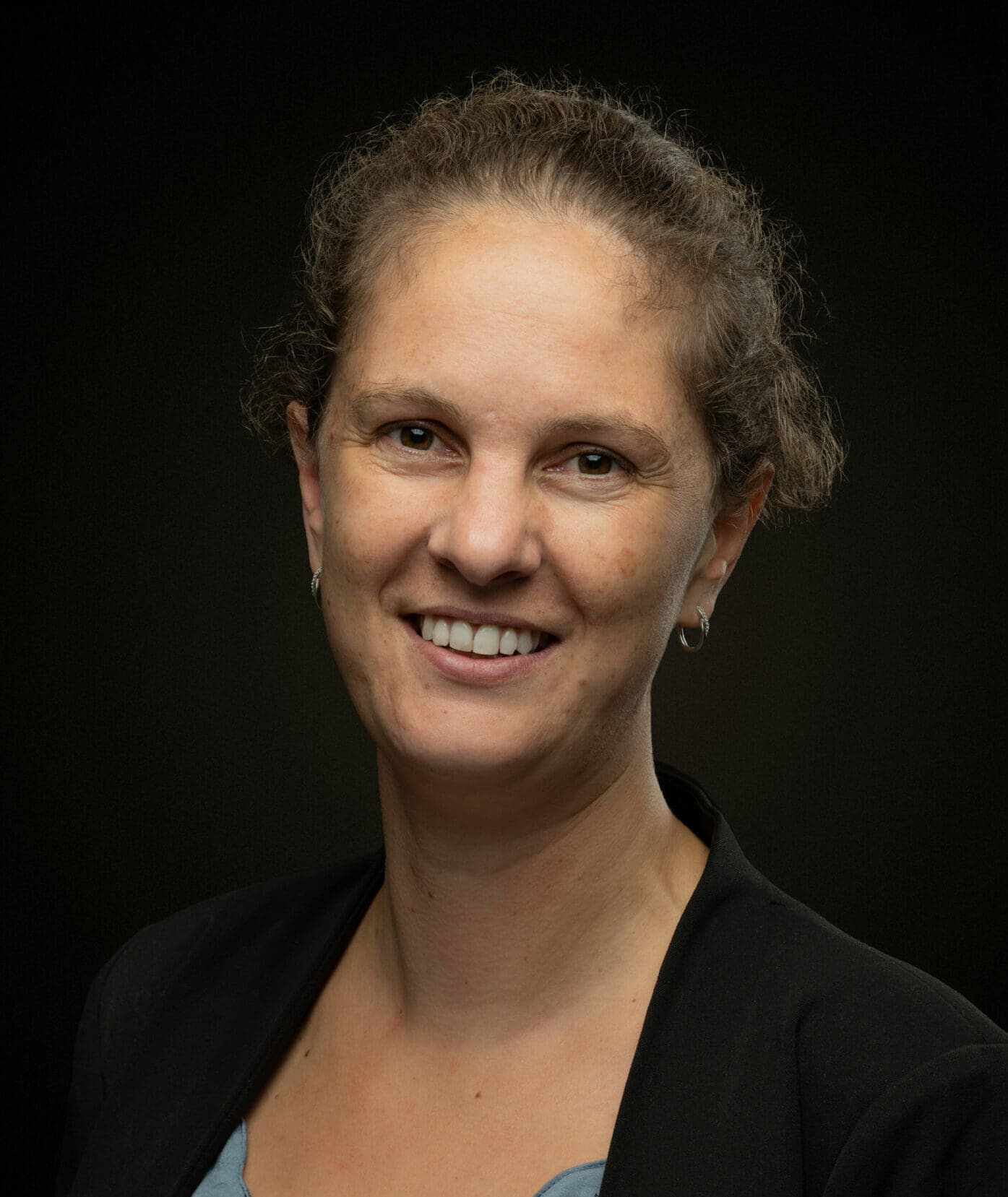
Would you like to know more about this subject?
Our experts are happy to help.
Iris de Krom
Scientist Chemistry
Projects
Our expertise in practice
Read more about our projects.
